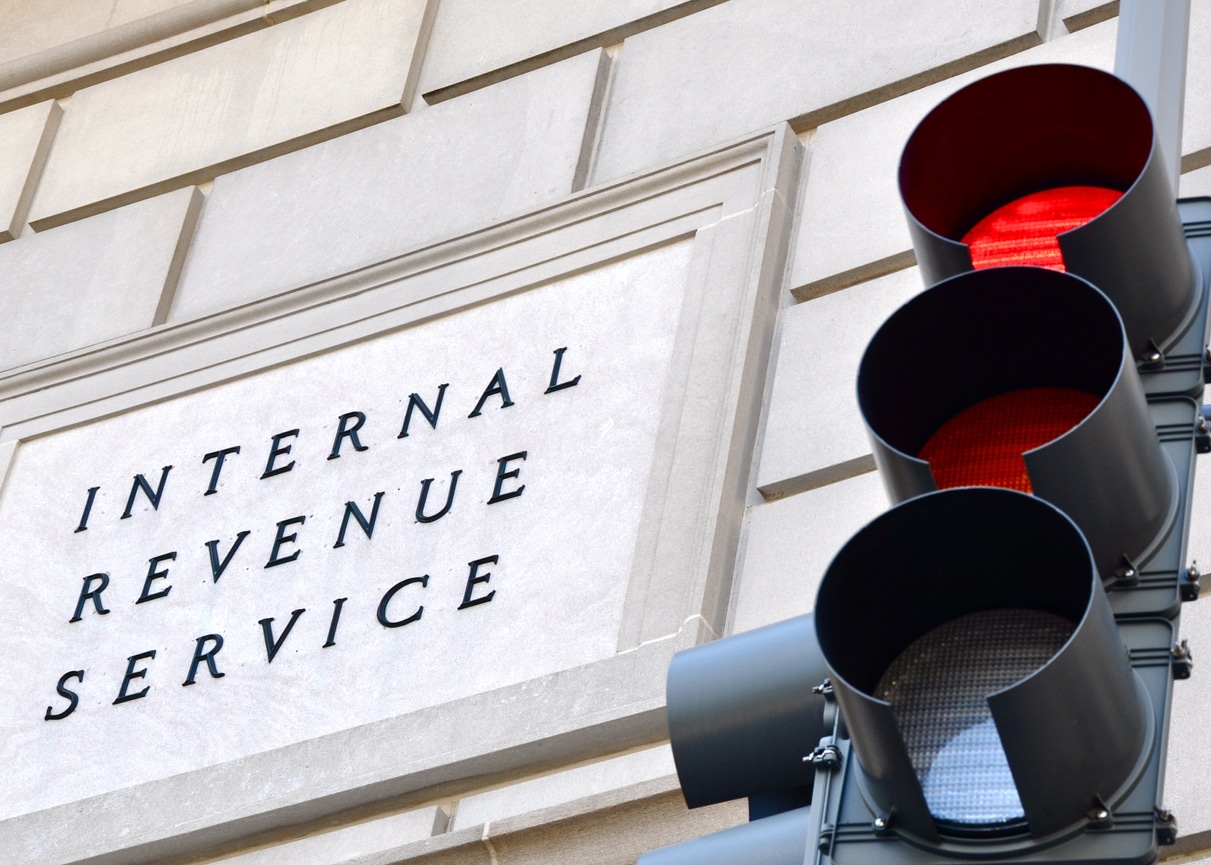
Sign up for smart news, insights, and analysis on the biggest financial stories of the day.
U.S. President Joe Biden unveiled a $1.8 trillion plan to pay for tuition-free pre-kindergarten and community college on Tuesday.
The big spend, funded by the largest income tax increases on rich Americans in a generation, was the top news line flickering on cable TV. But, on Wall Street, the private equity industry is readying to fight against a tweak in the plan that would end its most cherished tax break.
Mind the Gap
Capital-gains in the U.S. are currently taxed at 20%, a ways away from the top marginal income tax rate of 37%. This has allowed private equity managers to earn millions and pay lower tax rates on much of their income. That’s because the cut they get from appreciation in the assets they oversee, also known as carried interest, is taxed as capital gains.
- Under Biden’s plan the top income rate would climb to 39.6%, and the same level would apply to capital gains for households that earn over $1 million.
- In 2018, the Congressional Budget Office estimated taxing carried interest as normal income would bring $14 billion into government coffers over a decade.
“Permanently eliminating carried interest is an important structural change that is necessary to ensure that we have a tax code that treats all workers fairly,” reads a White House fact sheet on the plan.
Easier Said Than Done
Getting capital gains reform has been a challenge for both parties. In 2017, congressional efforts to repeal the tax break fell short, and it’s expected the private equity lobby will wage a massive campaign again this year.
“The administration and elected leaders need to ensure policies continue to support and encourage private capital,” said the American Investment Council, the industry’s lobbying group.
Call Their Bluff: Despite the lobbyist noise, some experts say the industry won’t be majorly impacted if the plan passes. “As long as private equity returns are among the highest across asset classes overall, private equity managers are unlikely to depart for greener pastures,” Kelly DePonte, a managing director at Probitas Partners, told the Wall Street Journal.











